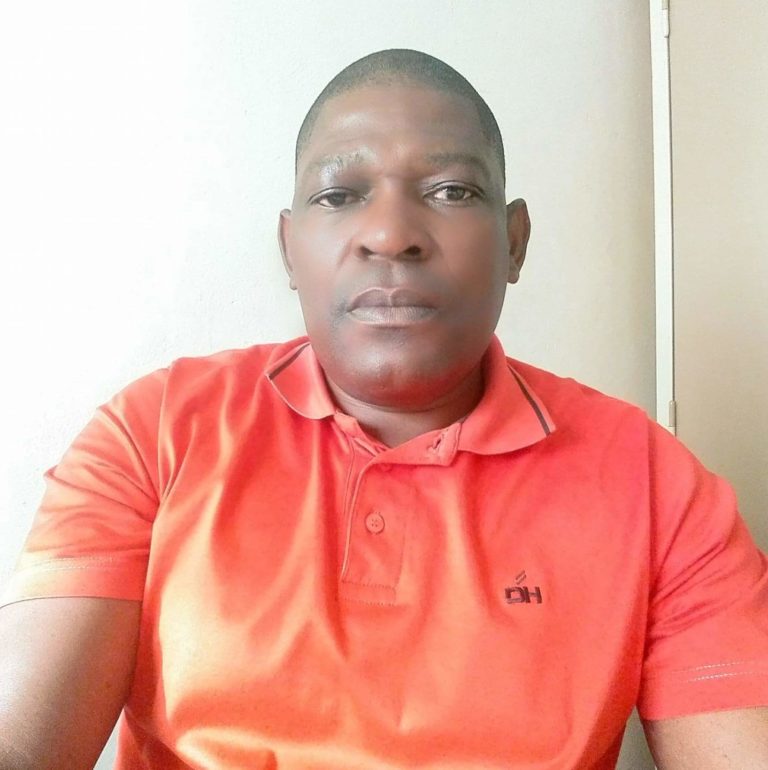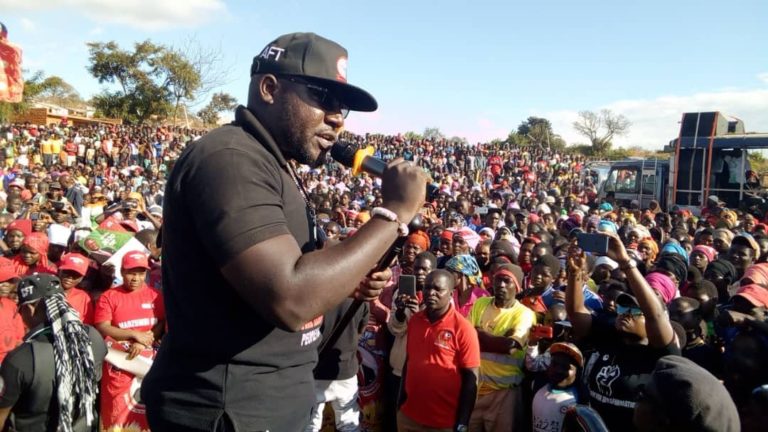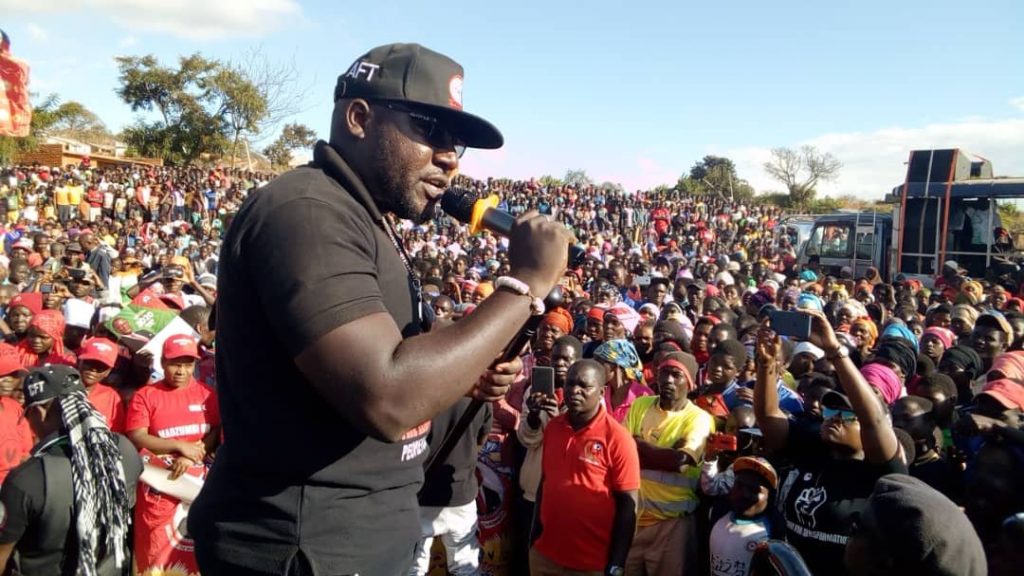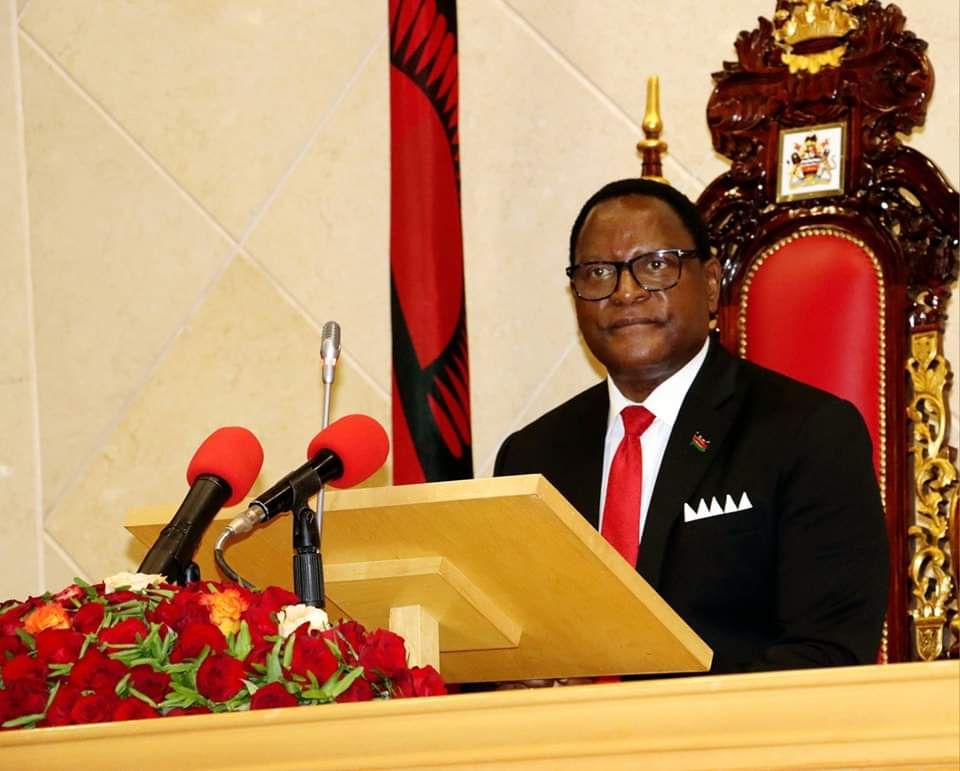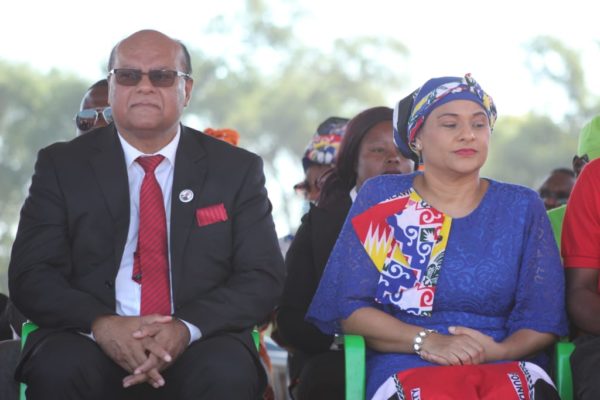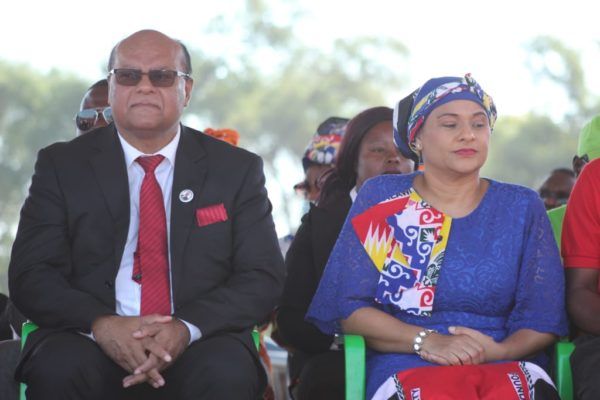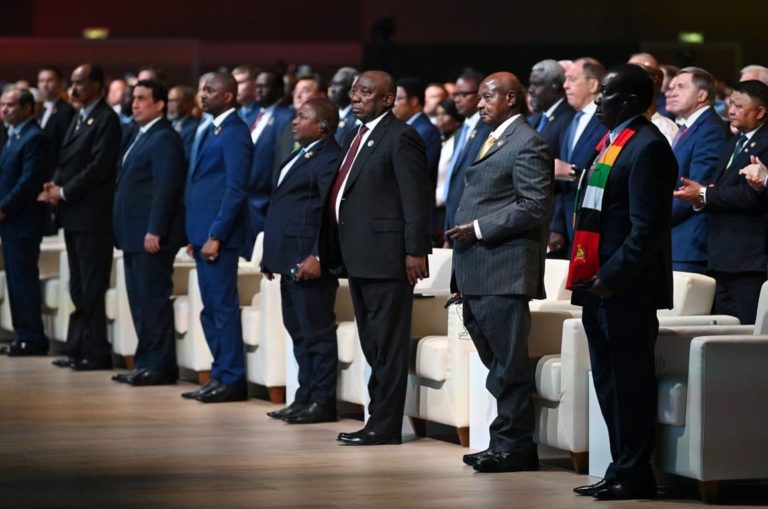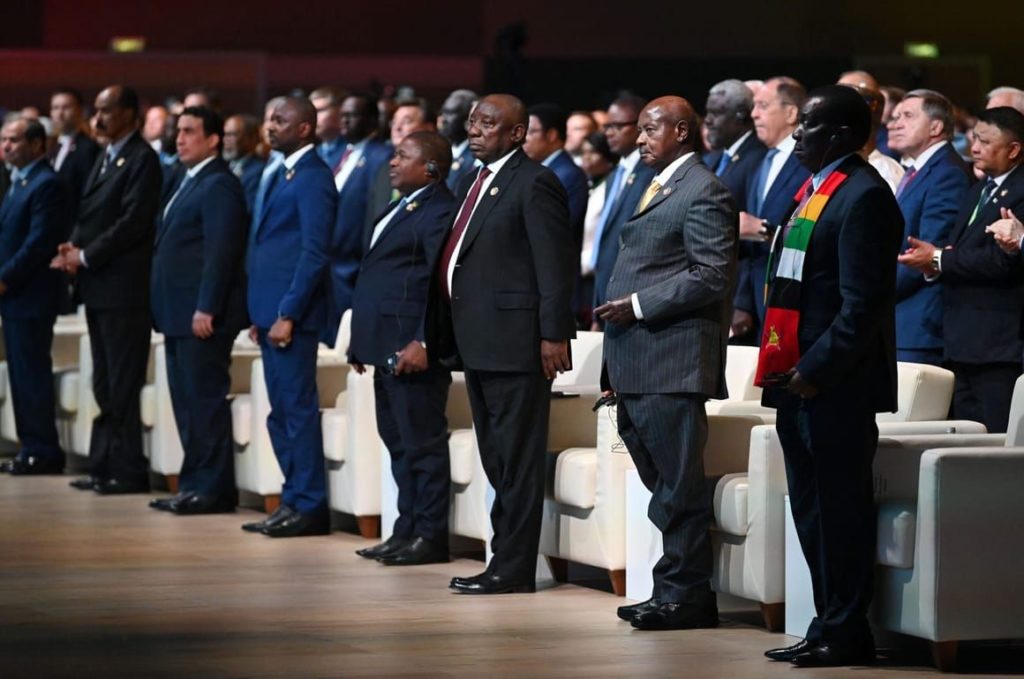By Twink Jones Gadama
In the bustling world of sports, legends are often revered for their exceptional skills, remarkable achievements, and lasting impact on their respective disciplines. They are the ones who have paved the way, set new standards, and left an indelible mark on the history of the game. However, as time goes by, many legends find themselves slowly fading into the background, their contributions overshadowed by newer, younger stars.
But in Malawi, two football legends have sparked a conversation about the importance of recognizing and involving legends in different sectors of the game. Kinnah Phiri and Lawrence Waya, both revered figures in Malawian football, have highlighted the need for legends to play a more active role in shaping the future of the sport in their country. The just-ended Africa Cup of Nations (Afcon) served as a stark reminder of how other nations harness the knowledge and expertise of their legends to propel their footballing success.
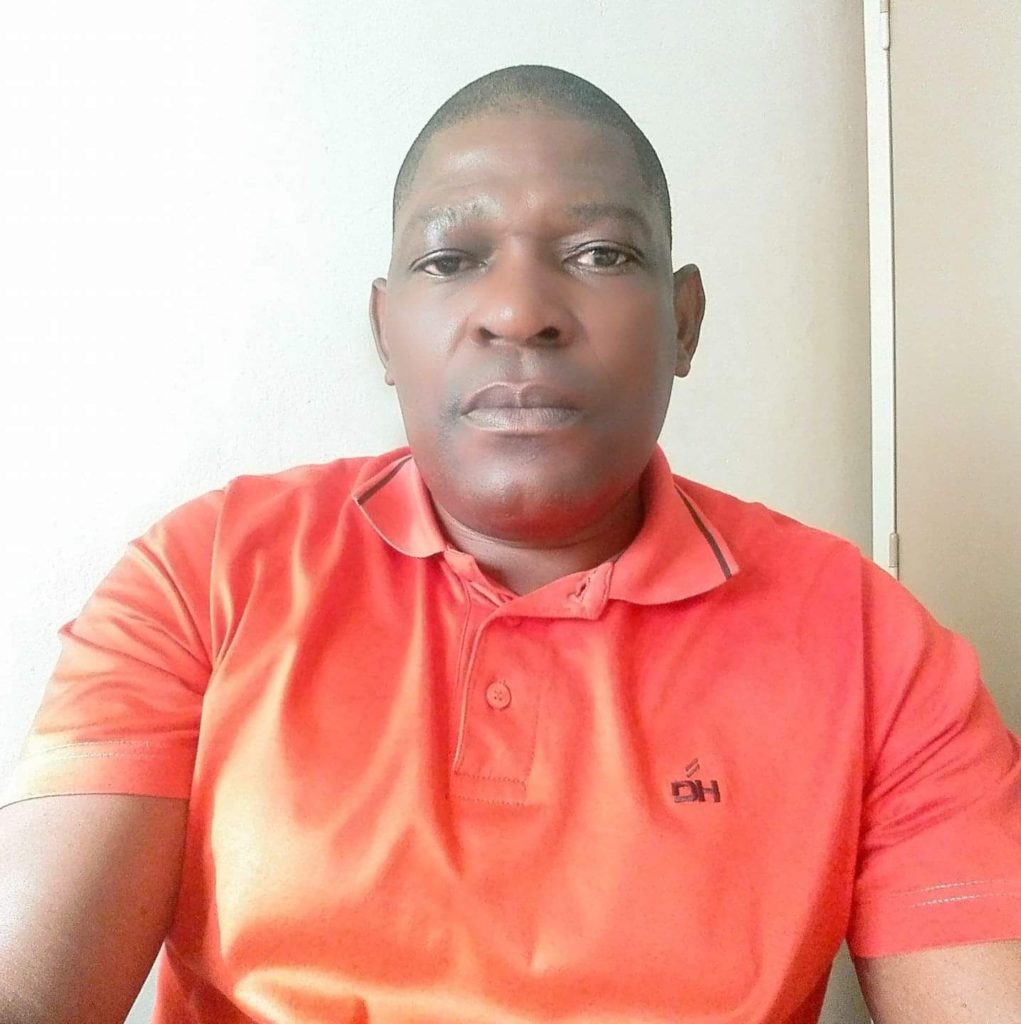
Waya, speaking passionately about the issue, emphasized the valuable insights and experience that legends can offer to the development of the game. He pointed out that in many countries, legends are not simply left to fade away, but are actively involved in coaching, scouting, technical, and administrative roles within the sport. This inclusive approach to involving legends ensures that their wealth of knowledge is passed down to future generations, enriching the sport as a whole.
Phiri echoed Waya’s sentiments, underscoring the importance of recognizing legends across all sporting codes and providing them with opportunities to contribute to the growth and development of various disciplines. He highlighted the need for Malawi to follow the example set by other nations in tapping into the reservoir of talent and experience that legends possess.
By involving legends in coaching, mentoring, and strategic decision-making, the sporting landscape in Malawi could be transformed for the better.
One individual who has taken proactive steps towards supporting former players and administrators in Malawi is Jim Kalua, the founder of JK Productions. Kalua’s efforts to improve the welfare of legends within the sporting community have been lauded by both Phiri and Waya.
Through initiatives such as providing medical and funeral cover to affiliated legends, JK Productions is helping to ensure that those who have dedicated their lives to the game are not forgotten or neglected in their later years.
Justin Saidi, the Vice Board Chairperson of JK Productions, shared insights into the organization’s plans to further support legends and ensure their well-being.
By offering essential services such as medical and funeral cover, JK Productions is striving to create a more supportive and inclusive environment for former players and administrators.
This kind of holistic approach to caring for legends not only honors their contributions but also ensures that they are respected and valued throughout their lives.
As Malawi navigates its sporting landscape and seeks to compete on a global stage, the involvement of legends could be a game-changer.
By recognizing the importance of tapping into the knowledge and experience of those who have come before, Malawi can leverage the wisdom of its legends to propel its sporting potential to new heights.
Embracing legends is not just about paying tribute to the past; it’s about building a stronger, more connected sporting community that values the contributions of all its members.
In conclusion, the voices of Phiri and Waya serve as a poignant reminder of the vital role that legends can play in shaping the future of sports in Malawi.
As the nation reflects on the lessons learned from Afcon and looks towards a more inclusive and supportive sporting environment, the involvement of legends must be prioritized.
Their knowledge, experience, and passion can serve as a guiding light for the next generation of athletes, administrators, and fans.
It’s time for Malawi to embrace its legends and unlock the full potential of its sporting heritage legends possess.
By involving legends in coaching, mentoring, and strategic decision-making, the sporting landscape in Malawi could be transformed for the better.
One individual who has taken proactive steps towards supporting former players and administrators in Malawi is Jim Kalua, the founder of JK Productions.
Kalua’s efforts to improve the welfare of legends within the sporting community have been lauded by both Phiri and Waya.
Through initiatives such as providing medical and funeral cover to affiliated legends, JK Productions is helping to ensure that those who have dedicated their lives to the game are not forgotten or neglected in their later years.
Justin Saidi, the Vice Board Chairperson of JK Productions, shared insights into the organization’s plans to further support legends and ensure their well-being.
By offering essential services such as medical and funeral cover, JK Productions is striving to create a more supportive and inclusive environment for former players and administrators.
This kind of holistic approach to caring for legends not only honors their contributions but also ensures that they are respected and valued throughout their lives.
As Malawi navigates its sporting landscape and seeks to compete on a global stage, the involvement of legends could be a game-changer.
By recognizing the importance of tapping into the knowledge and experience of those who have come before, Malawi can leverage the wisdom of its legends to propel its sporting potential to new heights.
Embracing legends is not just about paying tribute to the past; it’s about building a stronger, more connected sporting community that values the contributions of all its members.
In conclusion, the voices of Phiri and Waya serve as a poignant reminder of the vital role that legends can play in shaping the future of sports in Malawi.
As the nation reflects on the lessons learned from Afcon and looks towards a more inclusive and supportive sporting environment, the involvement of legends must be prioritized.
Their knowledge, experience, and passion can serve as a guiding light for the next generation of athletes, administrators, and fans.
It’s time for Malawi to embrace its legends and unlock the full potential of its sporting heritage.


